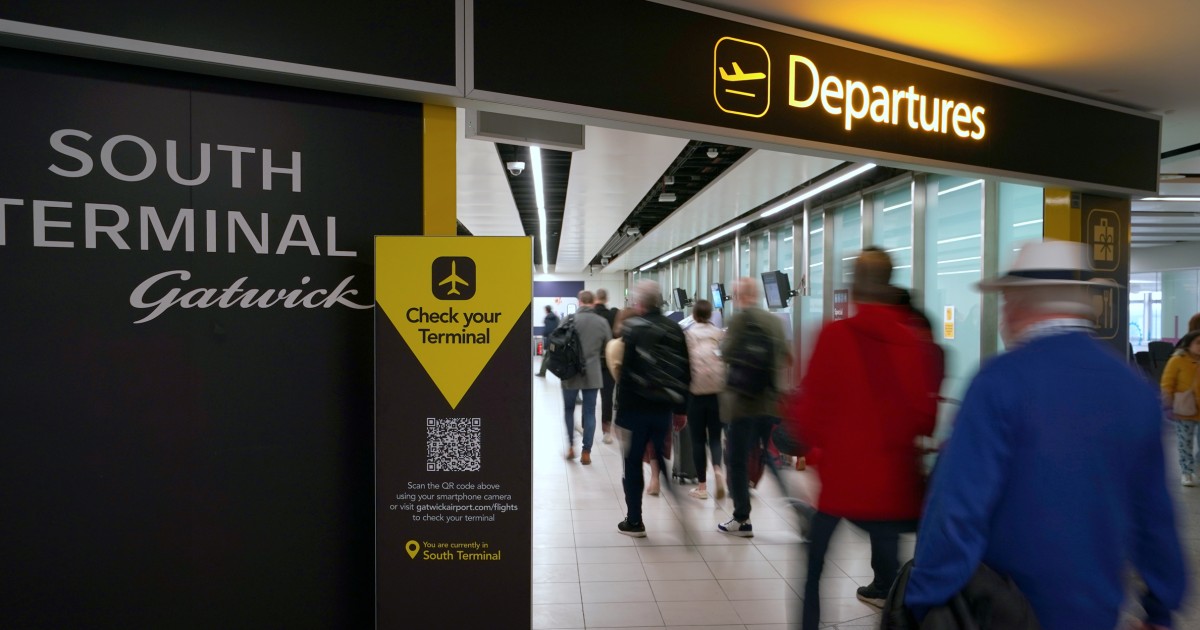Bussiness
Public ‘bracing itself’ for budget with six in 10 expecting it to negatively impact them – London Business News | Londonlovesbusiness.com

Six in ten (57%) UK adults think the Autumn Statement is going to have a negative impact on their lives, with the public “bracing itself” for Rachel Reeves’ first budget, according to new research from Savanta.
Just one in five (20%) think the budget will have a positive impact, while 16% think it will have no impact.
Over 55s are particularly concerned, with four in five (80%) saying the budget will have a negative impact on them personally, compared to just 6% who believe it will be positive. Younger people (aged 18-34) are much more likely to feel optimistic, with 40% saying the autumn statement will have a positive impact on them, compared to 28% who say it will be negative.
Savanta’s findings suggest that even 2024 Labour voters are more likely to believe the budget will be negative (41%) rather than positive (33%) for them personally. Three quarters of 2024 Conservative voters (76%) say the budget will impact them negatively.
More broadly, the public say that it is more important for the government to invest in public services (55%) than cut spending (32%), although 2024 Conservative voters are much more evenly split between cutting spending (45%) and investing in public services (43%). UK adults are also narrowly more likely to say the government should prioritise cutting taxes for ordinary people (48%) over investing in public services (43%).
Emma Levin, Associate Director at Savanta said, “Significant swathes of the electorate are bracing themselves for Labour’s first budget in 15 years. In particular older people appear nervous, amid rumours of many wealth taxes rises, compared to a relatively sanguine younger population.”
“Concerningly for Rachel Reeves, even Labour voters think the budget is going to have a negative impact on their lives. This may be exactly the mood music Labour HQ is going for ahead of a ‘painful budget’, but it’s clear the public want investment in public services as a priority.”










